The Frontline Club: A Sanctuary for Truth
The Frontline Club: A Beacon for Truth-Telling
The Frontline Club, nestled in the heart of Paddington, London, stands as a beacon for truth-telling, rigorous journalism, and the camaraderie of those who risk everything to report from the front lines of conflict and controversy. Founded in 2003 by Vaughan Smith, a former British Army officer turned independent video journalist, the club was envisioned as a haven for correspondents, photojournalists, filmmakers, and war reporters who had shared both the physical and ideological battlegrounds of the world.
Born from the necessity to preserve journalistic integrity and provide a forum for those who had been pushed to the periphery by commercial media, the club quickly evolved into a prestigious institution synonymous with fearless reporting and the ethics of free speech.
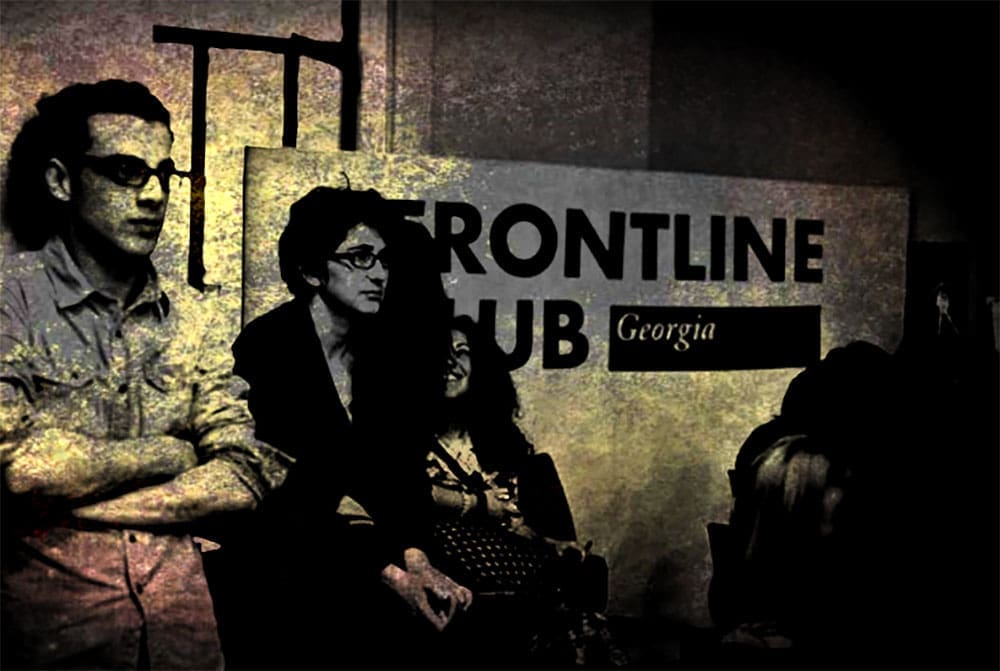
Table of Contents
The Club’s Genesis
The club’s genesis can be traced to Smith’s personal journey. During the 1990s, he formed Frontline News Television (FNTV), a cooperative of independent cameramen covering global conflict zones. FNTV’s founders believed in challenging dominant media narratives and offering raw, unfiltered perspectives from the ground. This ethos laid the groundwork for the Frontline Club. Following the deaths of several FNTV members – including James Miller and Richard Wild – Smith sought to establish a permanent tribute to their legacy.
The Frontline Club emerged not merely as a memorial but as a living, breathing institution dedicated to upholding the values its founders had died defending. The building itself, adorned with photographs and relics from war zones, tells its own story of sacrifice and solidarity.
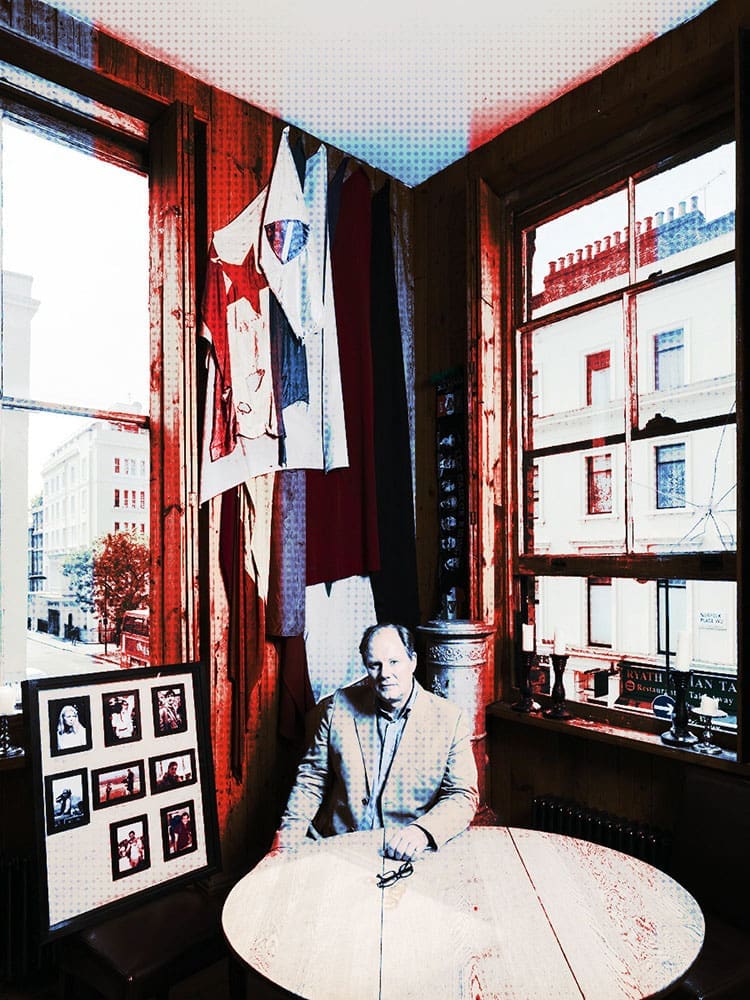
A Physical Space and an Ideological Home
At its core, the Frontline Club functions as both a physical space and an ideological home for those devoted to independent journalism. It operates as a registered charity with a clear mission: to champion independent, quality journalism, support media freedom worldwide, and provide a space for debate and inquiry. The venue hosts over 200 events each year – ranging from panel discussions and book launches to film screenings and workshops—many of which are open to the public.
These events aim to interrogate power, spotlight underreported issues, and provide critical insight into global affairs. Alongside its events programme, the club runs a charitable arm, the Frontline Club Charitable Trust, which funds training for journalists working in hostile environments and supports press freedom initiatives globally.
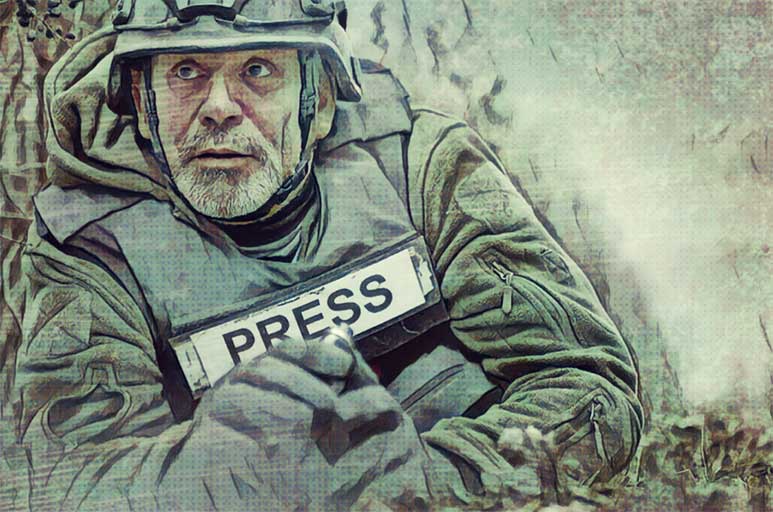
Stories More Profound than any Headline
The club’s ambiance is both intimate and intense. Its restaurant and members’ rooms are frequented by an eclectic mix of war reporters, documentary filmmakers, foreign correspondents, and human rights campaigners. Here, it is not uncommon to overhear discussions about drone warfare in Yemen, censorship in Belarus, or corruption in Central Africa. The walls are lined with haunting images taken by photojournalists who have risked life and limb to capture truth – images that often tell stories more profound than any headline. These surroundings reinforce the club’s unyielding dedication to its founding ideals: to speak truth to power, no matter the cost.
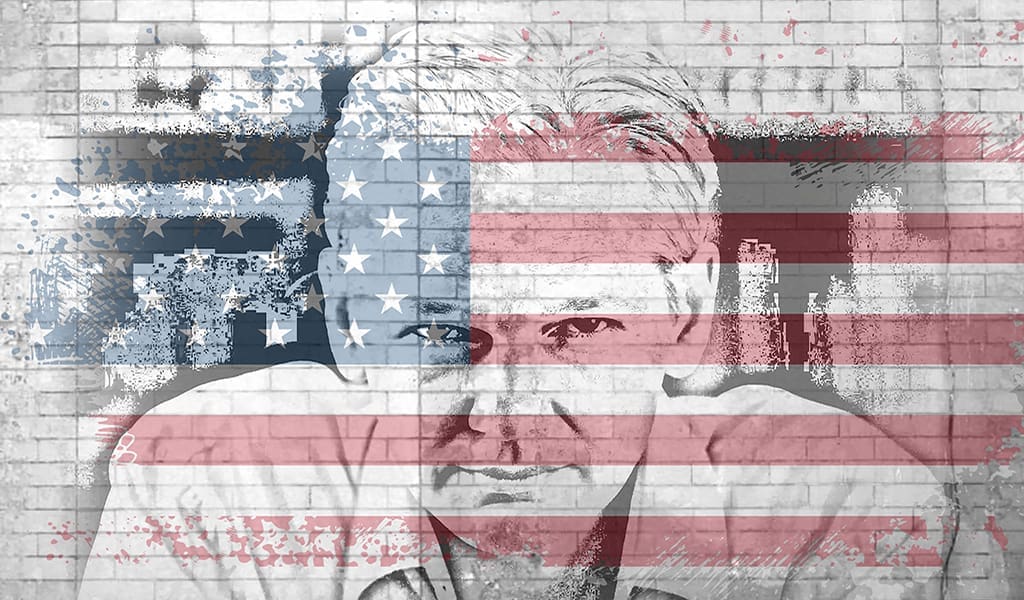
2010 Public Discussion with Julian Assange
Throughout its existence, the Frontline Club has played host to a multitude of events that have significantly impacted both public discourse and the journalistic community. One notable example is the 2010 public discussion with Julian Assange, the founder of WikiLeaks, who had chosen the club as a base during the release of the Afghanistan and Iraq war logs. The event marked a pivotal moment in the relationship between digital whistleblowing and traditional media, sparking intense debate about transparency, national security, and the role of journalism in the digital age. The Frontline Club was thrust into the global spotlight as the physical locus of one of the century’s most polarizing media stories.
*All Book Images Open a New tab to our Bookshop
**If you buy books linked to our site, we get 10% commission from Bookshop.org, whose fees support independent bookshops
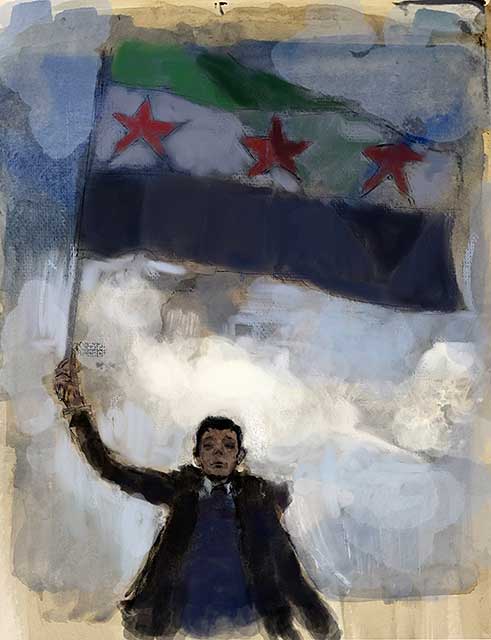
Screening and Subsequent Discussion of the Documentary For Sama
Another powerful moment in the club’s history was the screening and subsequent discussion of the documentary For Sama in 2019. Directed by Waad al-Kateab, the film chronicles life in Aleppo during the Syrian civil war from the perspective of a young mother and filmmaker. The event drew journalists, diplomats, and humanitarian activists into a deeply emotional and urgent conversation about Syria, bearing witness to war through the lens of maternal love, resilience, and survival. The club’s role in facilitating such a visceral, communal experience of journalism showcased its capacity to humanize conflict and foster empathy beyond borders.
Questions About Authenticity, Bias and Citizen Journalism
A third landmark event was the debate series on the future of journalism, particularly the 2015 panel titled “What Is the Role of Journalism in the Age of Social Media?” The discussion featured leading voices in media, including editors from The Guardian, Al Jazeera, and VICE News. It tackled questions about authenticity, bias, citizen journalism, and the evolving nature of storytelling. With traditional newsrooms shrinking and new platforms emerging, the event offered both a sobering reflection and a hopeful reimagining of journalism’s place in an increasingly fragmented information ecosystem.
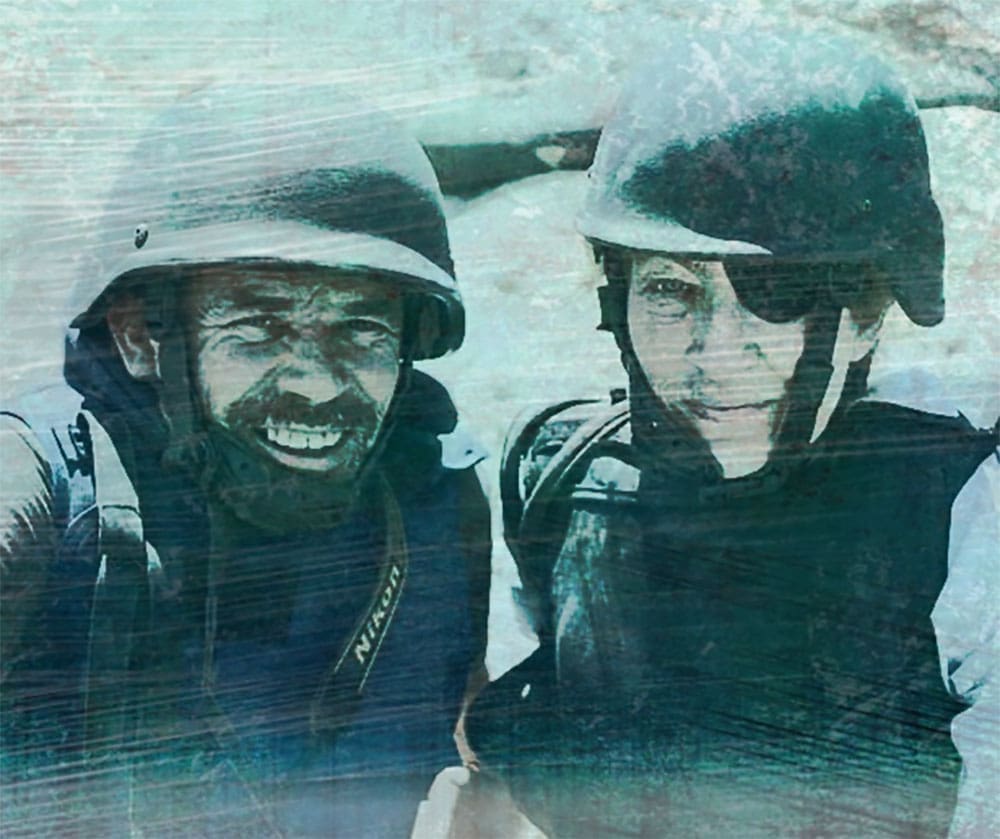
Individuals Who Have Called it Home
The Frontline Club has also been shaped by the individuals who have called it home. Among its most prominent members is the late Marie Colvin, a war correspondent for The Sunday Times, known for her fearless reporting from conflict zones including Syria, Sri Lanka, and Libya. Colvin was a regular at the club, where she often participated in panels and informal gatherings, sharing her unparalleled insights and advocating for the responsibility journalists bear in war-torn regions. Her death in 2012 while covering the siege of Homs in Syria shocked the world, and her legacy remains a touchstone for the club’s ongoing mission. As Vaughan Smith remarked, “Marie’s courage was not in facing death – it was in bearing witness.”
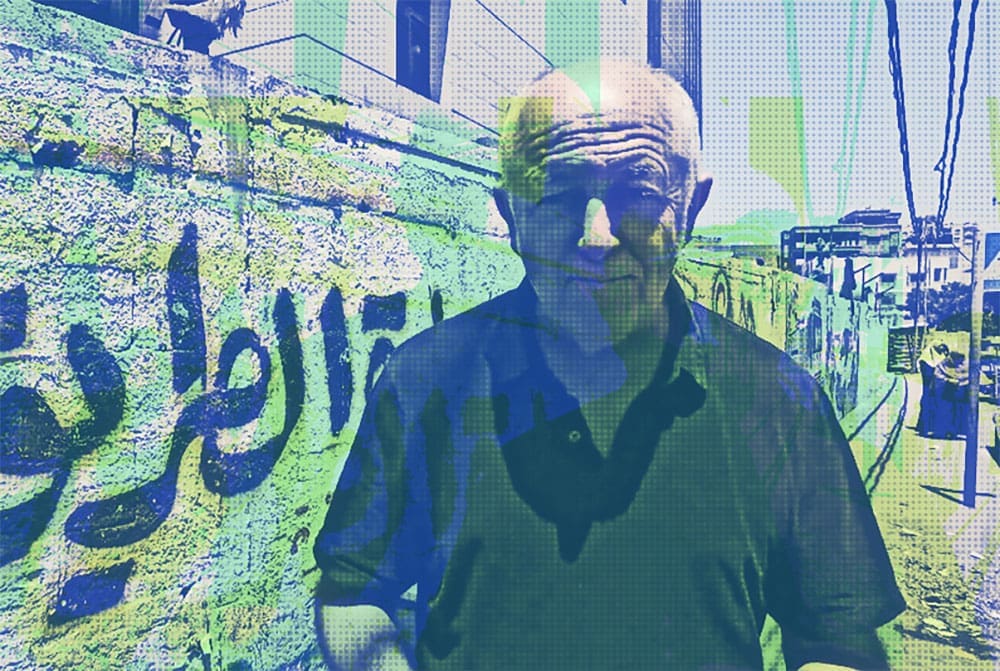
Propaganda, Access Restrictions and Emotional Trauma
Another influential figure in the Frontline Club’s community is Jeremy Bowen, the BBC’s Middle East editor. With decades of experience reporting from conflict zones including Lebanon, Israel, Iraq, and Syria, Bowen has brought a balanced, deeply researched perspective to the club’s discussions. He has been involved in numerous events, where he has not only recounted his experiences but also critically examined the role of journalists in navigating propaganda, access restrictions, and emotional trauma. Bowen’s presence reinforces the club’s commitment to depth, accuracy, and ethical responsibility in storytelling.
Psychological and Emotional Dimensions of Frontline Reporting
Lindsey Hilsum, international editor of Channel 4 News, is another cornerstone of the club’s intellectual fabric. Her work in Libya, Rwanda, and Ukraine has garnered international acclaim, and her book In Extremis: The Life of War Correspondent Marie Colvin remains one of the most compelling biographies in recent journalism literature. Hilsum has delivered talks and chaired panels at the club, often focusing on the psychological and emotional dimensions of frontline reporting. Her empathy, analytical depth, and fierce defence of journalistic standards resonate with the club’s ethos, and she has become an inspiration for younger generations of correspondents navigating an increasingly hostile media landscape.
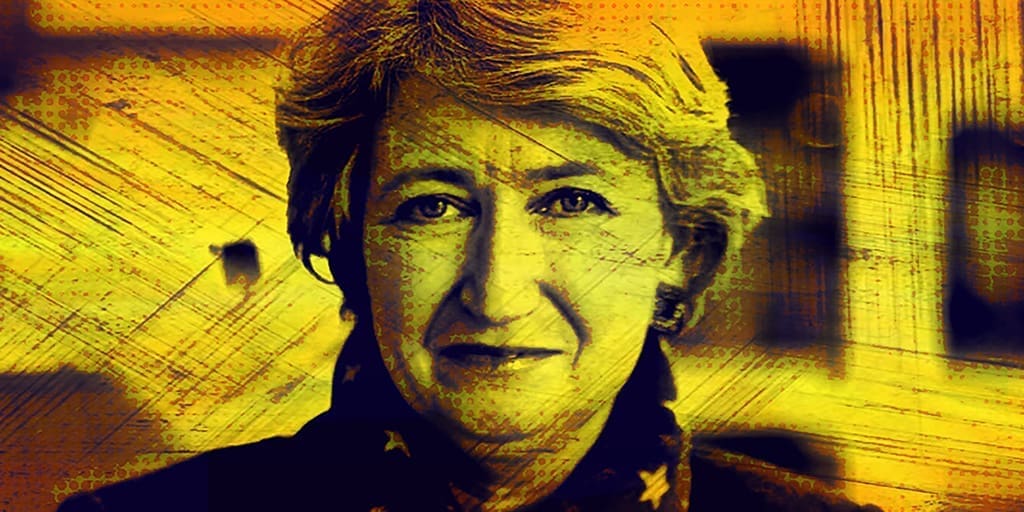
A Vital Refuge for Critical Thinking
As the world grows more complex, the Frontline Club remains a vital refuge for critical thinking and responsible media. It is both an institution and an idea – a belief in journalism as a force for justice, transparency, and human dignity. As Amie Ferris-Rotman, a former Moscow correspondent for Reuters, once said, “The Frontline Club is not just a place – it’s a tribe. When you’re out there, in war zones, under fire, this is the place that gets it.” That sentiment is echoed by celebrated filmmaker Sean McAllister, who claimed, “You walk into the Frontline and feel like you’ve come home.” And perhaps most succinctly, Julian Assange described it as “a fortress of honesty in an empire of spin.”
Books Offering Valuable Insights.
For those wishing to explore the spirit and work of the Frontline Club in more depth, several books offer valuable insights.
In Extremis by Lindsey Hilsum provides a heart-wrenching account of Marie Colvin’s life and work, interwoven with a broader meditation on war journalism.
Warrior for Truth: The Frontline Journalists Who Changed the World by Vaughan Smith (forthcoming) is expected to chronicle the club’s origins and ethos through first-hand stories of its founding members.
Unpeople: Britain’s Secret Human Rights Abuses by Mark Curtis – frequently featured in club discussions – examines the hidden consequences of British foreign policy through a journalistic lens.
The War is Dead, Long Live the War by Patrick Hennessey, another club associate, delves into the transformation of conflict reporting in the 21st century.
Finally, Hostile Environment: How Immigrants Became Scapegoats by Maya Goodfellow, often cited in Frontline panels, offers a searing analysis of UK immigration policy and its portrayal in the media.
Not About Spectacle But About Service
In a time when disinformation proliferates and public trust in media erodes, institutions like the Frontline Club become ever more important. They remind us that journalism, at its best, is not about spectacle but about service – to truth, to justice, and to the people whose stories might otherwise never be heard.
Through its unwavering commitment to these principles, the Frontline Club continues to foster a global community of journalists, storytellers, and citizens unafraid to confront the world as it is – and to imagine what it might become.
*Visit and Subscribe to Theo Jansen on Instagram
**Visit The Frontline Club Website
***Visit Frontline Club on Facebook



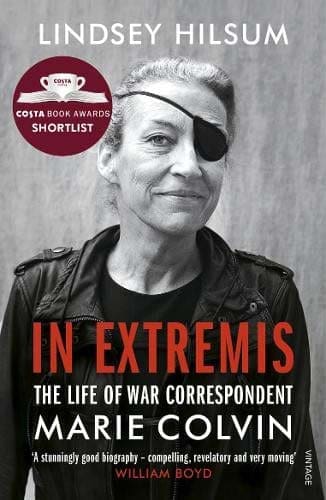

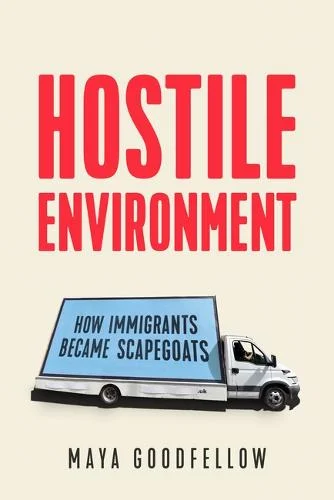
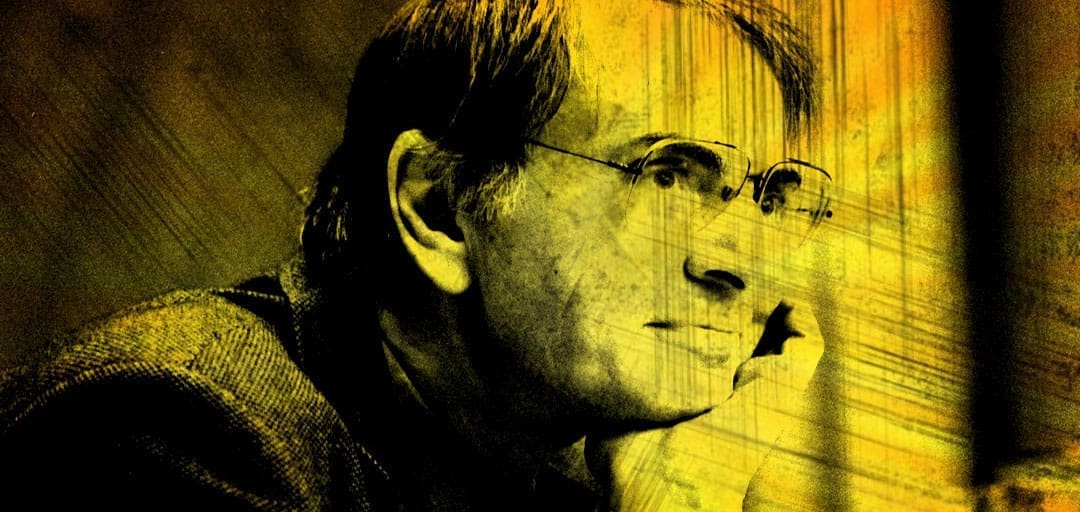

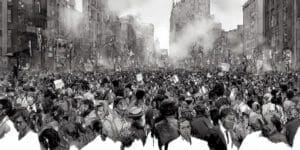


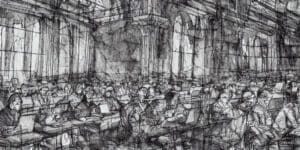
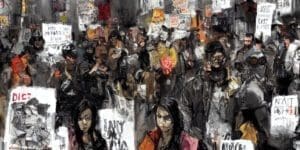



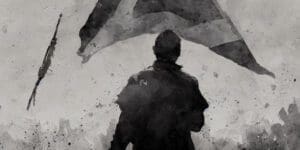
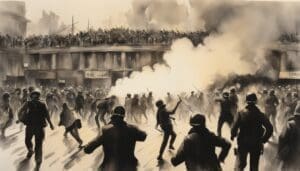









Leave a Comment